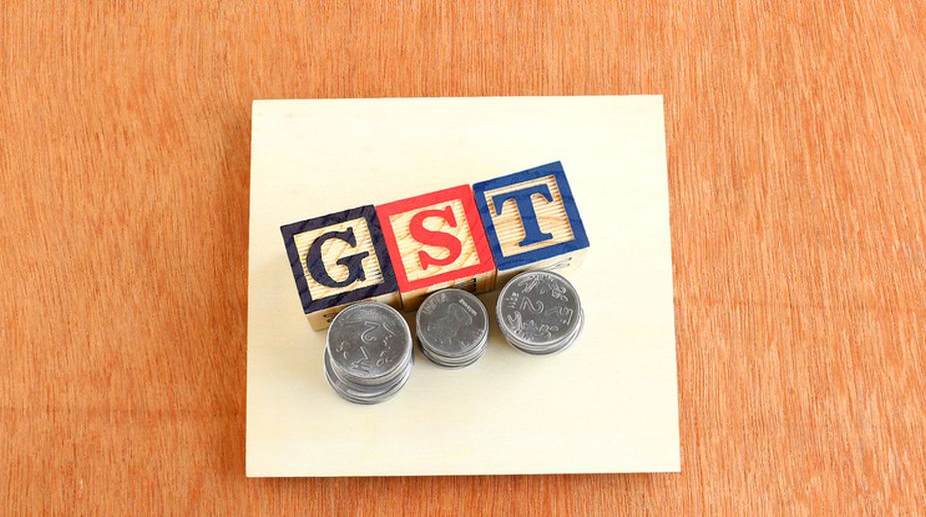The Goods and Services Tax (GST) Council on Saturday extended the tax exemptions available to exporters on imported goods for a further six months till 1 October after which an e-wallet scheme would be put in place to continue the benefits.
The Council had in its October 6 meeting last year noted that exporters were experiencing difficulties of cash blockage on account of upfront payment of GST on the inputs, raw materials and finished goods imported or procured for the purpose of exports.
Advertisement
As an interim solution, it had decided to re-introduce the pre-GST tax exemptions on such imports till March 31. Additionally, for merchant exporters, a special scheme of payment of GST at 0.1 per cent on their procured goods was introduced.
“The permanent solution agreed to by the Council was to introduce an e-wallet scheme from April 1,” an official statement said.
The e-wallet scheme is basically the creation of electronic e-wallets, which would be credited with notional or virtual currency by the Directorate General of Foreign Trade. This virtual currency would be used by the exporters to make the payment of GST or IGST on the goods imported or procured by them so their funds are not blocked.
In December last year, Finance Secretary Hasmukh Adhia had constituted a working group with representatives of Central and state governments to operationalise the e-wallet scheme.
“After reviewing the progress, the Council noted that whereas some preparatory work had been done, more needs to be done to address a large number of technical, legal and administrative issues that have been identified… The Council was also unanimous that there should be no disruption that may affect the exports.
“Accordingly, the Council agreed to defer the implementation of the e-Wallet scheme by six months up to October 1 and extend the present dispensation in terms of exemptions which is available up to March 31 for a further six months up to October 1,” the statement said.









